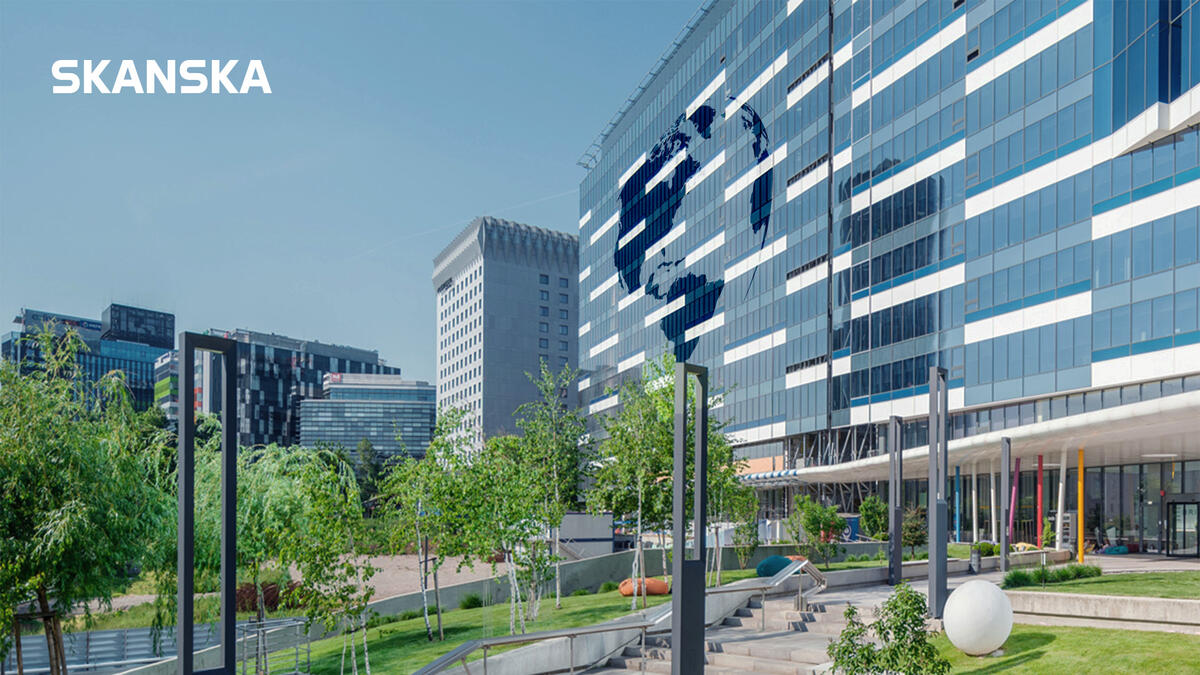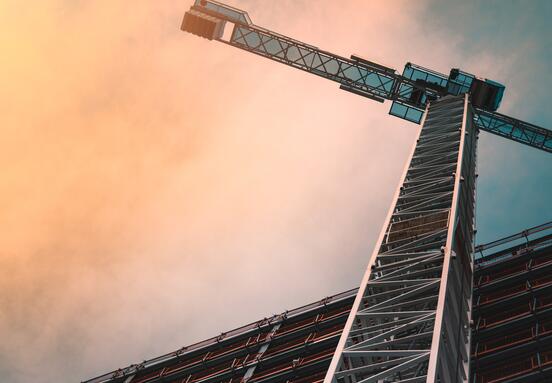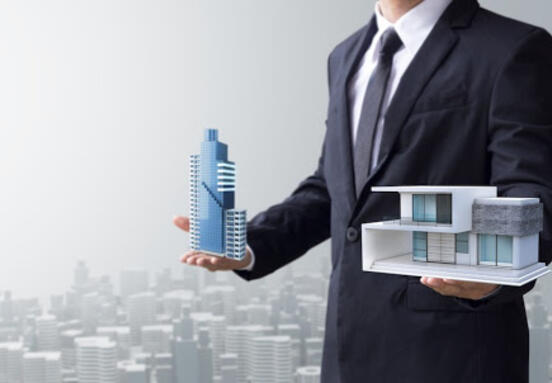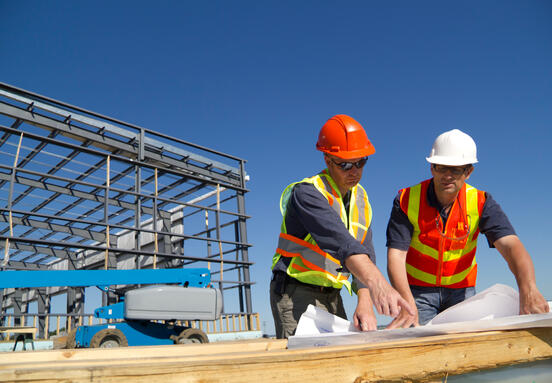Skanska, the leader in sustainable office building development in Europe, obtains the preliminary Net Zero Carbon Buildings certification, developed in partnership with RoGBC, for the closing phase of the Equilibrium 2 project. The building is now under the first of the two evaluation stages, with the final certificate to be obtained after implementing the solutions and monitoring their performance for minimum of 3 months during the operational stage. The Equilibrium 2 project becomes the first office building in Romania to obtain the new certification.
Also, as a partner, Skanska participated in the concept development of the Net Zero Carbon Buildings certification, based on the research conducted by RoGBC, on solutions to reduce CO2 emissions.
Net Zero Carbon Buildings, the new standard for sustainable buildings
Net Zero Carbon Buildings is an “add-on” certification, based on performance, that completes existing certifications, such as LEED, GREEN HOMES, BREEAM, and WELL, and represents the most comprehensive certification scheme of this type, applicable to buildings with various functions- from commercial to industrial or residential buildings.
Through this certification, Romania Green Building Council and Skanska encourage real estate developers to take measures that contribute to a significant reduction in carbon emissions. The certification aims to address a series of systematic strategies that provide solutions in combating climate change, improving the health and well-being of people, and moving towards a circular economy.
The objective of the certification is the significant reduction of CO2 emissions of energy consumption throughout the entire life span of a building, as well as the reduction of CO2 emissions of the building materials that are used.
To obtain the certification, the building evaluation takes into account 22 criteria, such as Life Cycle Assessment, education, waste prevention, and waste management – zero waste measures, preventing site pollution, testing the HVAC systems and building, preventing the heat island effect, sustainable transportation, energy optimization, structured in four categories: embodied carbon emissions, continuous performance, energy optimization, and innovation.
"Skanska's mission is to build futureproof buildings that serve current and future generations, promoting sustainability as a new business and lifestyle model. From the very beginning, our efforts went towards implementing and promoting sustainable practices, as part of our company’s DNA, guiding our entire activity. Now, through the RoGBC partnership, we find the opportunity to take our mission to the next level. Obtaining the preliminary Carbon Buildings certification for Equilibrium 2 not only brings us closer to our decarbonization objective but represents another step through which we aim to accelerate Romania’s transition to a carbon-neutral environment, thus becoming a key player, ready to respond to the global climate challenge and change the environment, society and economy to good” said Ștefan Toma, Project Manager in the business development division of Skanska in the CEE.
The partnership between Skanska and RoGBC for the development of the Net Zero Carbon Buildings certification was launched in 2021, during an event organized under the World Green Building Week umbrella, the largest campaign that supports the acceleration of sustainable constructions globally. Skanska has been a member of the Romania Green Buildings Council (RoGBC) since the beginning of its activity in Romania, in 2011.
"Considering that the decarbonization of the building sector is a vital step in achieving the environmental and climate objectives aimed for at the European level, the Net Zero Carbon Buildings certification will catalyze Romania's transition towards a carbon-neutral environment associated with CO2 emissions in energy consumption and building materials”, mentioned Elena Rastei, Certification Director at Romania Green Building Council.
Skanska, a promoter of sustainable practices and ESG principles
The collaboration with RoGBC for the development of the Net Zero Carbon Buildings certification proves once again Skanska’s commitment to sustainability, well-being, and promoting a new business model, that encourages companies to switch to a circular economy, based on corporate, social, and environmental principles.
Obtaining the certification also represents a new, strategic step towards achieving Skanska’s goal of reducing carbon emissions by 70% by 2030 and the final reduction to net-zero carbon emissions by 2045, for its operations. To date, the company managed to reduce its emissions on current projects by 40%. The positive results exceeded the expectations and led to updating the objective set for 2035 – from an initial 50% reduction of carbon emissions to 70%.
Currently, Equilibrium 1, the first phase of the Equilibrium project (encompassing Equilibrium 2), operates 100% on renewable energy. Also, with the closing of the Equilibrium 2 phase, the entire Equilibrium project will offer a total of 3500mp green area, available to the employees and local community.







